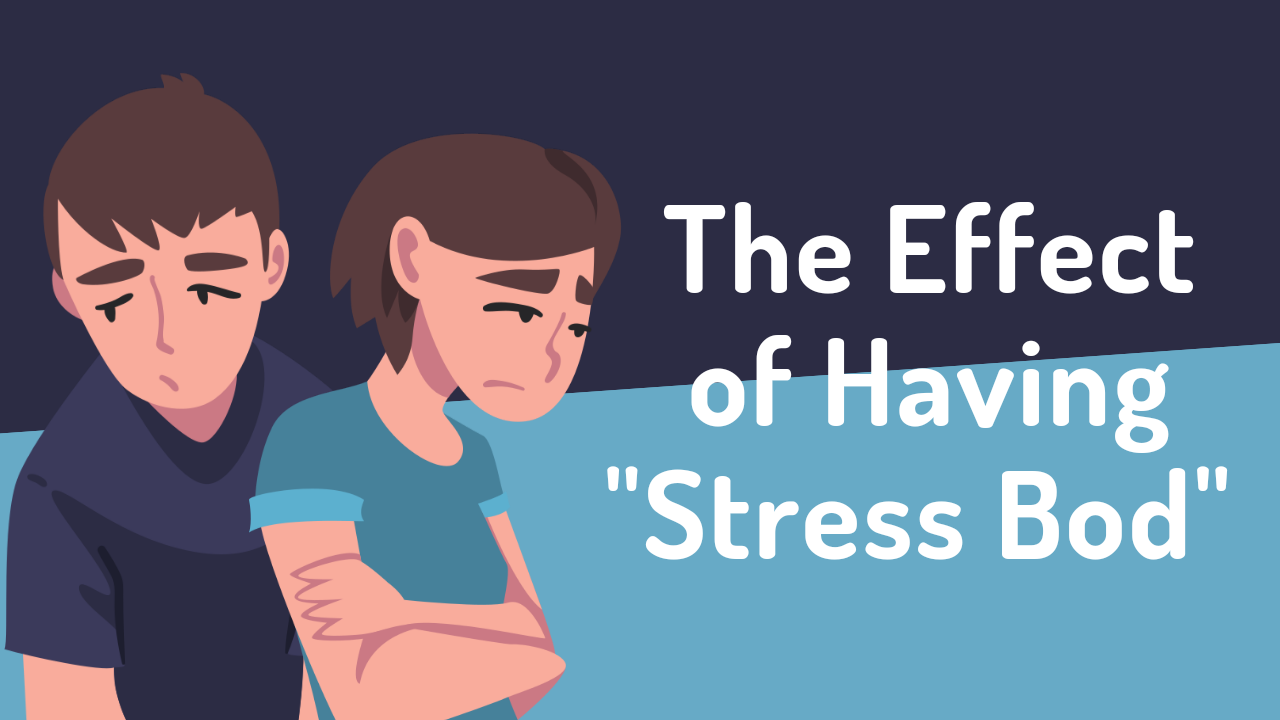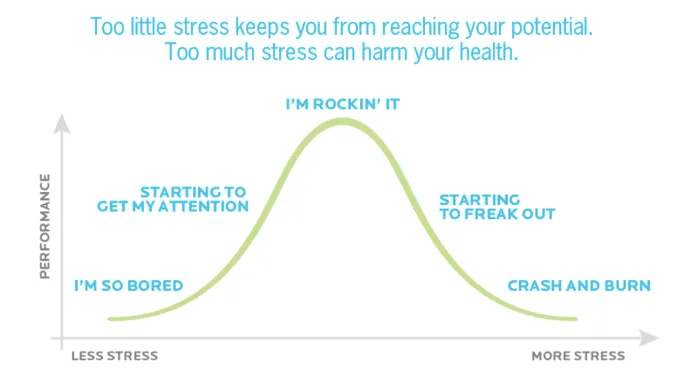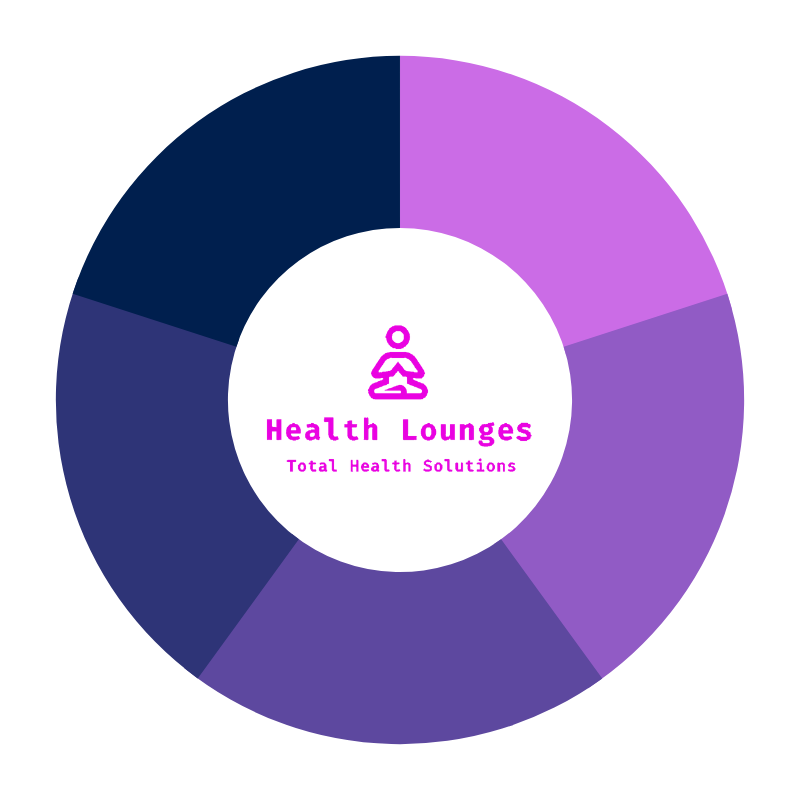Are you suffering from “Stress Bod”?

“What’s Wrong with My Body?”
A few months after the pandemic started, we coined a new term: Stress Bod.
Many people weren’t “feeling right” but couldn’t say what was wrong.
They felt foggy, listless, and bloated—and complained of low energy, sluggish workouts, and weight gain.
Maybe you can relate?
In the past, some people chalked these symptoms up to so-called “adrenal fatigue,” a condition they said was caused by constant exposure to unhealthy stress levels.
Um... No.
See, the stress part is correct, but the adrenal fatigue part? Not so much.
The adrenal-fatigue hypothesis went like this: Chronic stress depletes the adrenal glands, reducing their ability to pump out the stress hormone cortisol. This adrenal-fatigued state left people drained.
(In the excellent chart below, you can see how some stress is okay—even helpful—but too much leaves you feeling wiped.)

Here’s the thing, though: According to science, your adrenal glands don’t get “fatigued.”
In most people tested for the condition, cortisol levels are normal. In other words, their adrenal glands are anything but depleted—which means that’s not the reason you “crash and burn.”
So what’s going on?
Your stress response is driven by an intricate system known as the hypothalamic-pituitary-adrenal axis.
This system can malfunction when you face too many stressors close together for too long. The result: Cortisol production stays on when it should be off.
And then?
Two words: Stress Bod.
Yep, Stress Bod is everywhere right now.
When you take the usual suspects—relationship problems, financial worries, work stress—and layer on social and political unrest, natural disasters, violent crimes, and the ever-present COVID-19 pandemic, it’s not hard to see why.
10 Seconds Takeaways:
- An overwhelming stress burden, or “allostatic load,” can lead to HPA axis dysfunction, cortisol overproduction, and Stress Bod.
- People more sensitive to stress tend to be pessimistic, reactionary, and isolated than stress-resistant people.
- Stress can cause levels of the hunger hormone ghrelin to rise and the satiety hormone leptin to drop, boosting cravings.
- High caffeine intake, intense workouts, and comparing yourself to others can add to your overall stress load.
- Health practices can help you manage stress, but an all-or-nothing mindset (“I have to eat perfectly or I’m failing!”) is often counterproductive.
If you want to go even deeper—to improve your physical, mental, and emotional health—consider our Recovery, Sleep & Stress Management Program (The next session opens soon.)
Until next time
Dt. Mohit Mittal
(BFND, B.TECH, DDHN, NSQF-4, YCB-3, SSY-1, PT- REPS INDIA)
